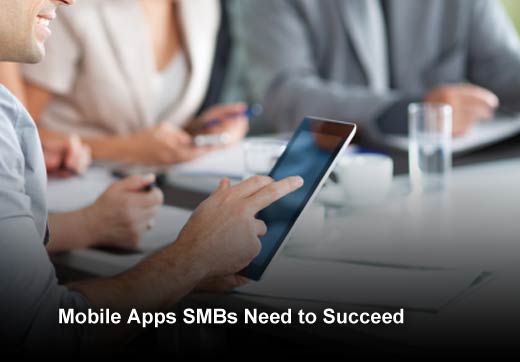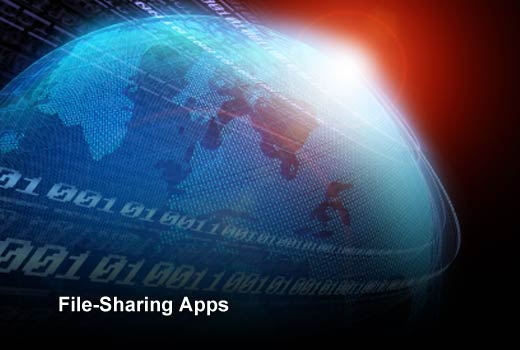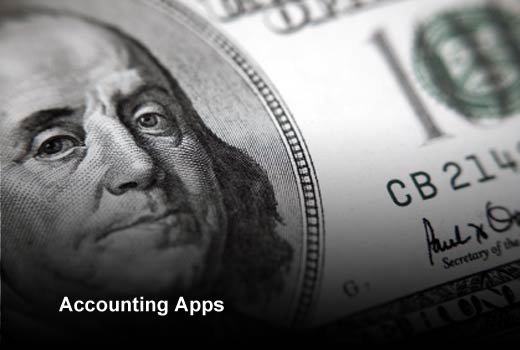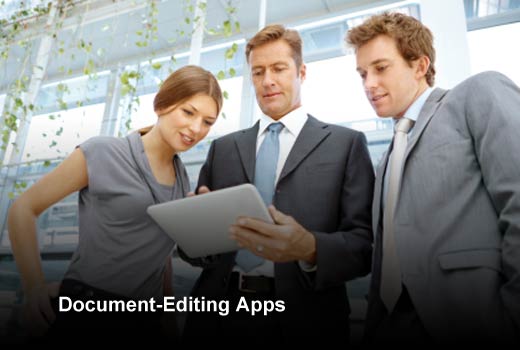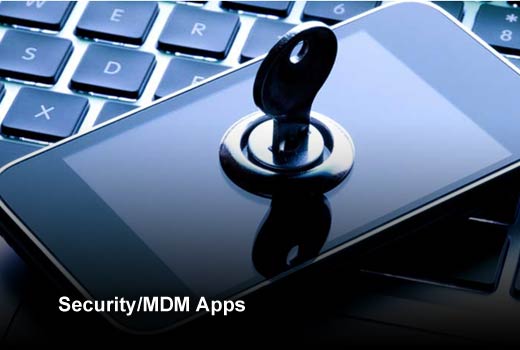Small and medium-sized businesses (SMBs) can all too easily fall into the trap of buying mobile devices without knowing how to best leverage them. The result can be forced IT adoption by employees that can be ill thought-out, and a missed opportunity to improve business operations and productivity.
Mobile management is becoming a high priority as SMB mobile app usage continues to soar. A recent report by SMB Group states that “67 percent of SMBs view mobile solutions and services as ‘critical’ to their businesses, and 83 percent [of SMBs] have already deployed mobile apps to help improve employee productivity.” With the multitude of apps available today, it’s even more confusing to know which are really needed (and not needed) in order to ensure mobile device successful use.
In this slideshow, Charles Edge, product manager at Bushel, clears the confusion around business mobile apps by discussing the five types of apps — file-sharing, accounting, document-editing, industry-specific and security — that small businesses need to successfully run their operations effortlessly, productively and painlessly without breaking the bank.
5 Mobile App Types SMBs Need to Succeed
Click through for the five types of apps that small businesses need to succeed, as identified by Charles Edge, product manager at Bushel.
File-Sharing Apps
With the continuous adoption of mobile devices, SMBs must look for an app to share documents and files that’s designed for the mobile platform. By using file-sharing apps, employees can work off their mobile devices in a way that’s similar to how they’d work off a desktop. In doing so, they also reap the benefits of unlimited storage for files, folders and backups to sync files across a variety of devices.
Examples of apps include Dropbox, Google Drive and Box.com. Box also has policies allowing users to manage whether files can leave Box, so files that can’t be moved out of the app can reliably be removed from, say, a set of iPads at the end of each use. Now, there are no more excuses for accessing files and being prepared.
Accounting Apps
All businesses, regardless of their size, need an accounting system to manage finances efficiently. SMBs should look to invest in a robust accounting app such as Xero or Quickbooks, or consider more down or up market options such as Mint and NetSuite, respectively.
Accounting software can be used for a variety of tasks, including expense reports. For example, businesses can migrate from using paper expense reports to the iPad. By using an app, the result is huge time savings as the accountant doesn’t have to re-enter expenses, while employees can get expense reports even faster.
Document-Editing Apps
When working off mobile devices, employees may need to not only view a document but edit and share it with other colleagues as well. That said, most SMBs will need to invest in a document-editing app such as Microsoft Office Mobile, Keynote or Pages for iOS platforms.
One example is a non-profit organization that needed a document-editing app on its iPads. After migrating to Office 365, which included Microsoft Office Mobile, the organization is now able to share files and edit files on iPads using Office 365. The migration went so well that it was also able to get rid of six out of 13 of its older desktop computers, providing huge savings.
Industry-Specific Apps
Industry-specific apps are the most important apps for SMBs to invest in, as they can very well be the most often-used apps. As a company grows, one of the biggest things it must tackle is becoming more process-oriented – given that adding more staff could add more challenges if there aren’t solid business processes to guide them.
In the case of a construction business, a company may use an app like Corecon. The result is that employees in the field have punch-down lists to work toward, based on established business processes. And once the business picks the right app, it takes all of five minutes to deploy it to all of its users.
Security/MDM Apps
In the age of security threats, all SMBs must invest in a cloud-based security/mobile device management (MDM) app to manage employee data on mobile devices. SMBs can utilize MDM functions such as requiring passwords and being able to wipe data if devices are lost. Examples of types of security-related apps include AirWatch, MobileIron and Bushel, which is designed from the ground up for small businesses.
A real-world example is an expanding business that delivers home health care to the mentally ill. By using an MDM solution, it is able get its new iPads set up quickly, as well as meet security requirements enforced from a centralized location. By forgoing manual processes, the result is huge time savings.


